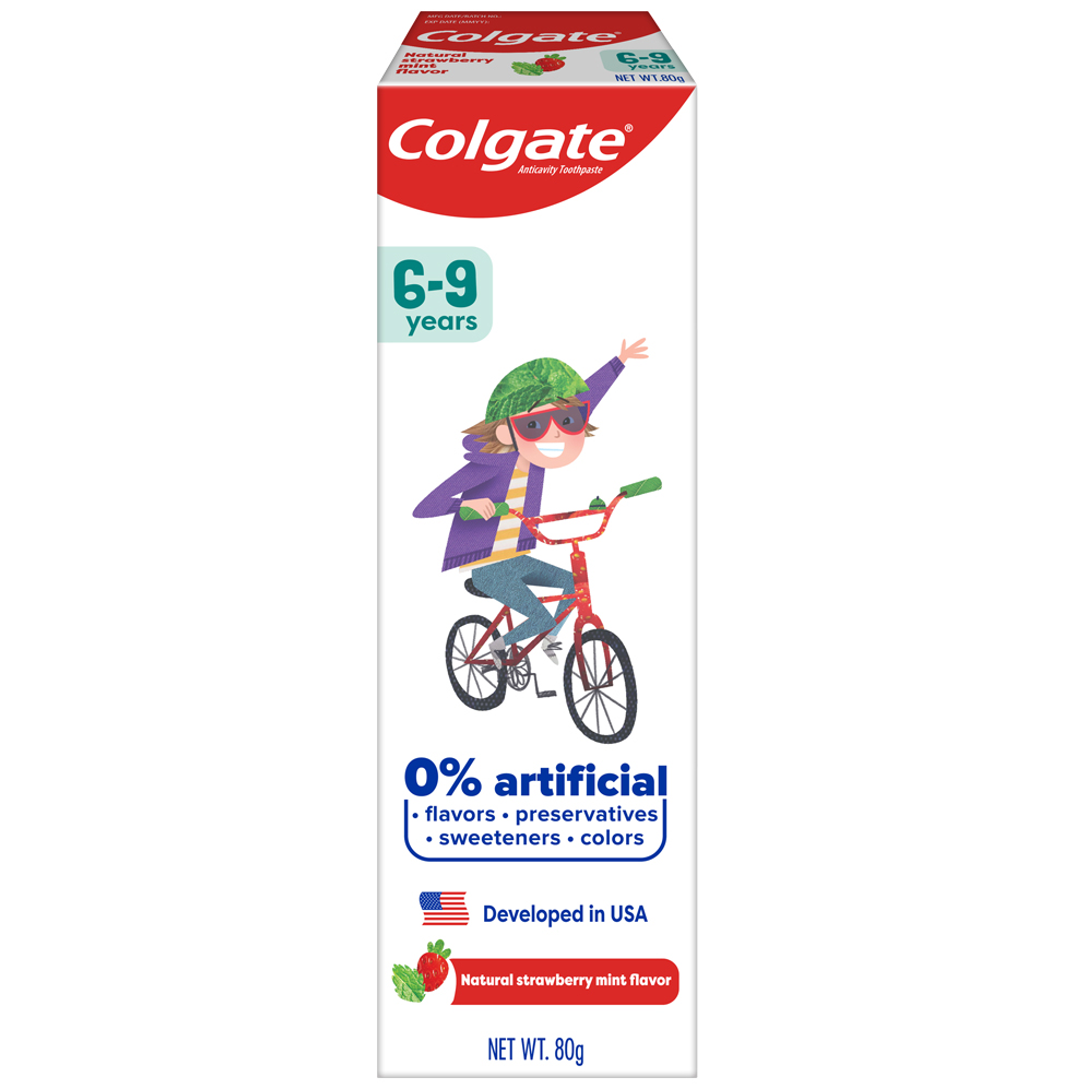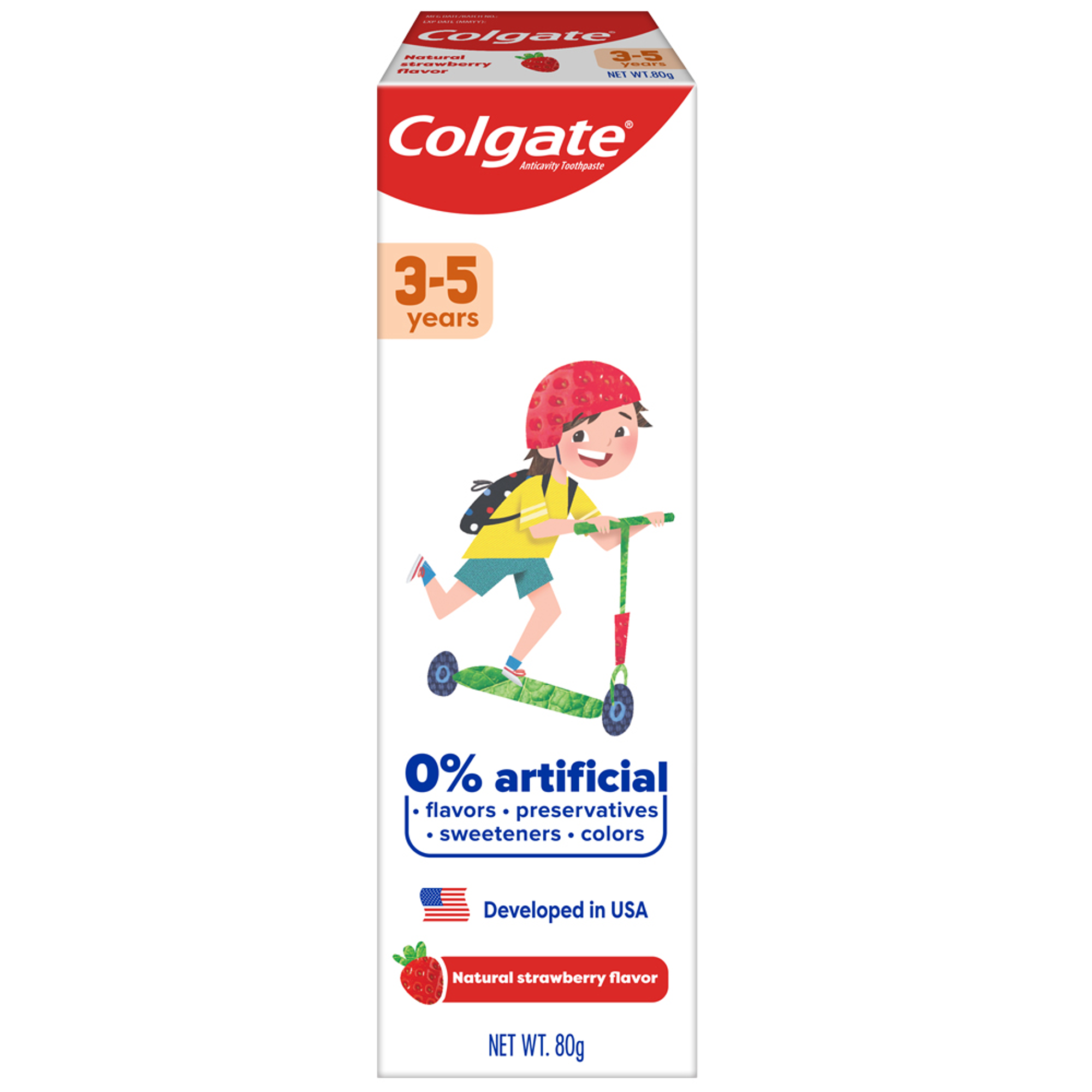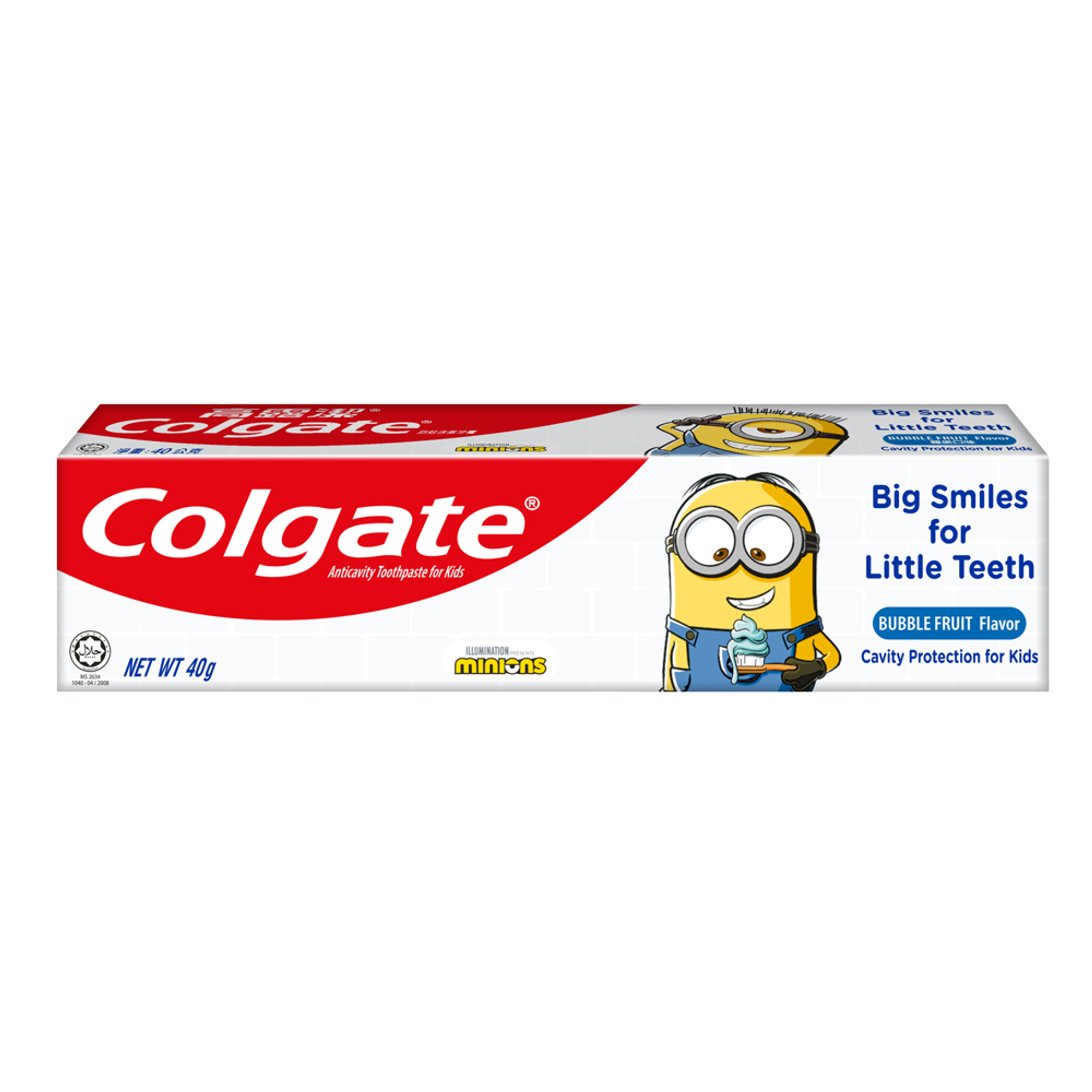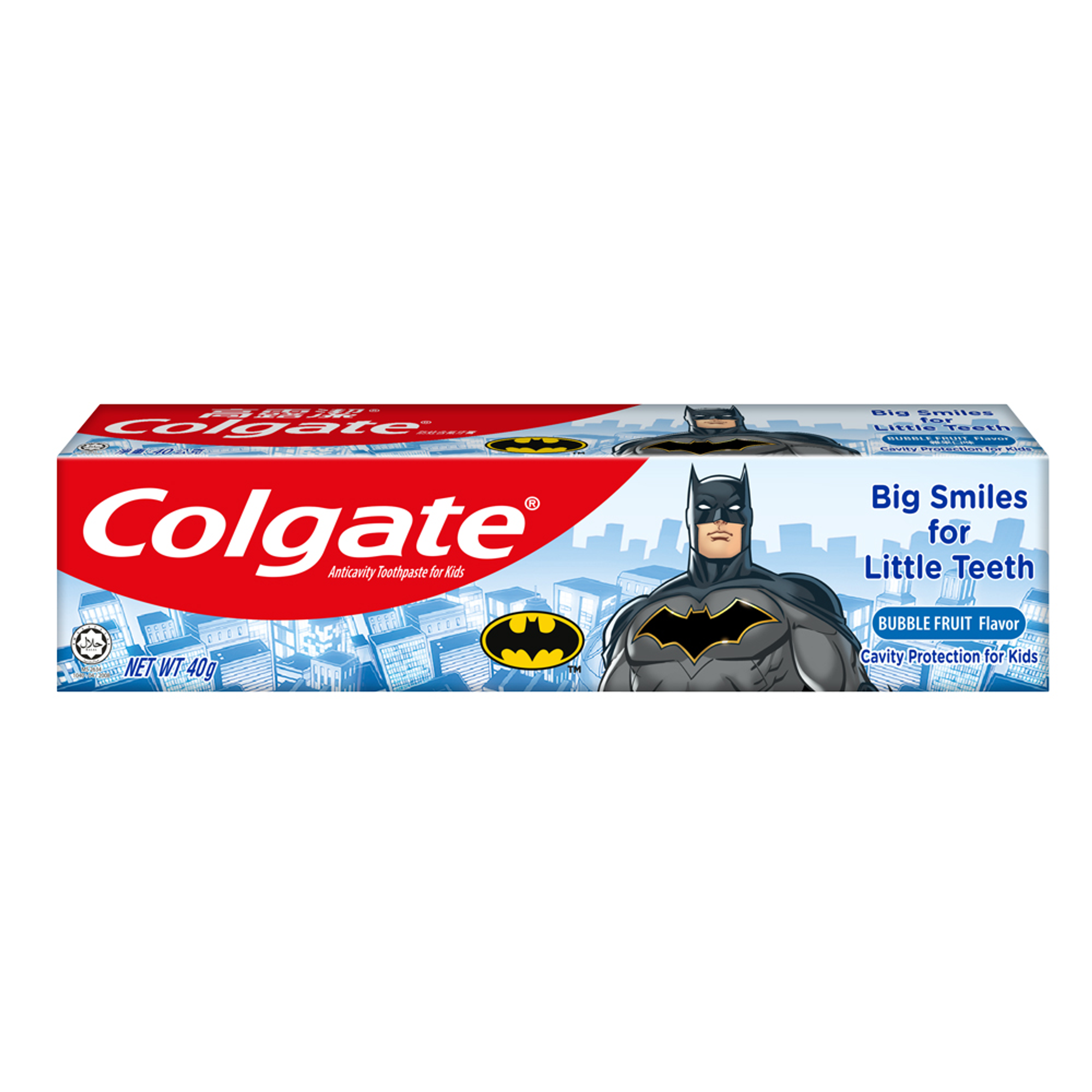-
-

FLUORIDE
Discover how stannous fluoride toothpaste prevents cavities and other oral health issues. Learn the key benefits of fluoride for teeth and its best uses.Fluoride plays a vital role in oral healthcare...

TEETH WHITENING
Teeth Whitening Serum for a Brighter, Confident SmileWho does not want whiter and brighter teeth? Thanks to the many teeth-whitening products available today...
-
Science & Innovation
- ORAL HEALTH ASSESSMENT
- Colgate® | Toothpaste, Toothbrushes & Oral Care Resources
- Oral Health
- What Is The Safe Way To Soothe Baby Teething Pain | Colgate
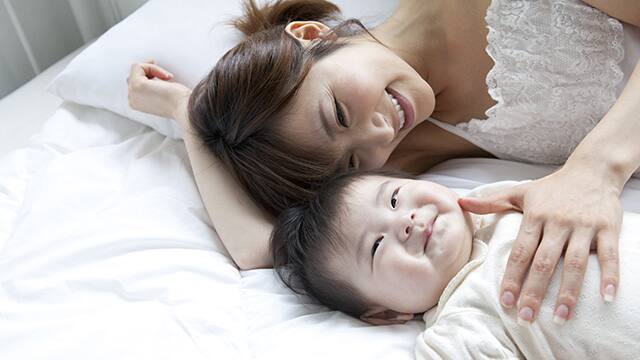

When a four- to six-month-old baby gets a bit upset, people often assume it's because they are teething. As a parent, it can be difficult to see your little one in distress, so you'll probably want to give them something to soothe swollen gums and ease the discomfort. Over the years, people have developed plenty of teething remedies. Although some of those remedies do help your baby's gums, others can do more harm than good. Here are the remedies that are best left behind and the ones that can indeed help.
Teething Necklaces
Some teething remedies have been embraced by celebrities, but not by doctors. Flipping through a gossip magazine, for example, might show you babies of the rich and famous wearing amber bead teething necklaces. Amber is thought to soothe babies' discomfort thanks to a pain-relieving substance activated by their body heat. But, as reported by Channel News Asia, there's no scientific evidence to support this belief. Beyond providing little additional benefit to a teething child, these necklaces also present a choking hazard if one of the beads breaks off and a strangling hazard as well.
Teething Gels
Teething gels containing ingredients that numb the gums can seem like a great way to help a baby cope with pain. But the ingredients in those gels, namely benzocaine, can be bad news for little ones. The U.S. Food and Drug Administration (FDA) has advised parents to avoid using gels or other topical products that contain benzocaine on children under the age of two. This local anaesthetic can be harmful to tots in two ways: First, the gel numbs inside of the mouth, which can make it difficult for a child to swallow. Secondly – and much less commonly – it can cause methemoglobinemia, a condition that reduces the amount of oxygen in the blood. If your baby does seem to be dealing with a lot of pain while teething, talk to the doctor or dentist about giving them a baby-sized dose of a safer pain reliever, such as paracetamol or ibuprofen.
Frozen Teething Rings
A firm ring or teething toy is a great teething remedy for a fussy baby, as is an object that is just slightly cool. But, keep in mind you want to avoid giving your child something that's too firm or too cold, as both can make the discomfort worse. A toy that's frozen solid can bruise your baby's tender gums, whereas a toy that's excessively cold can cause similar injury, according to the American Academy of Pediatrics (AAP). It's OK to give your baby a slightly chilled teething ring; just make sure you stash it in the refrigerator, rather than the freezer.
What Is Safe to Do
No gels, no freezer – you might be wondering just what is the safe way to soothe a teething baby. Less is more when it comes to relieving teething pain. Try to massage your baby's gums with a clean finger to reduce swelling. If he wants to chew on something, pick a rubber or firm plastic object that won't break easily. Your baby might also enjoy gnawing on a big, plain bagel or a damp, chilled dishcloth.
Once that first tooth pops up, it's time to start taking good care of it. Get good dental care habits started early by brushing the new teeth as soon as they emerge.
Related Articles

Do you remember losing your first tooth? Consider using a tooth fairy pillow for your child to place their lost teeth in. Learn more here.


Related Products

Helping dental professionals
More professionals across the world trust Colgate. Find resources, products, and information to give your patients a healthier future




